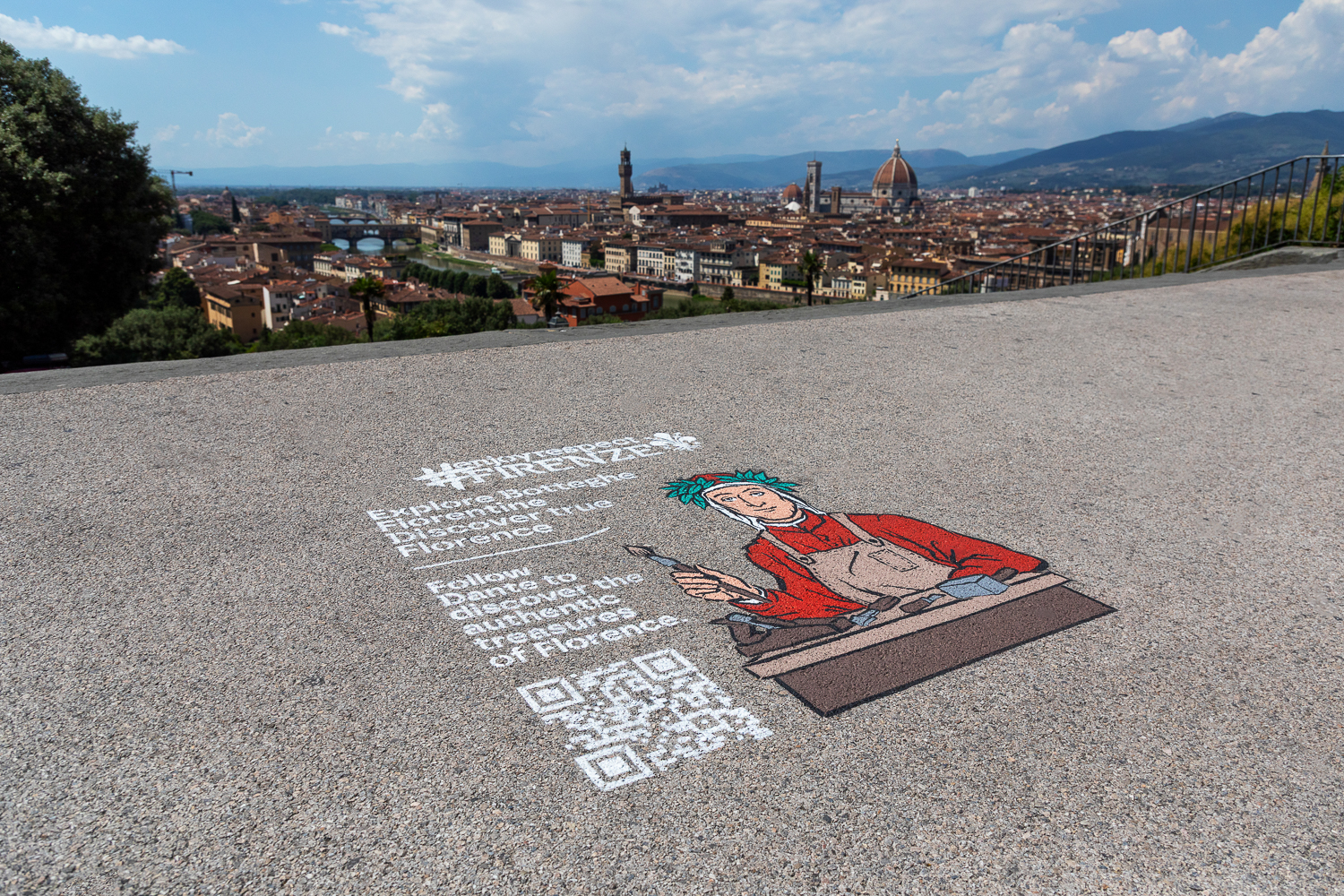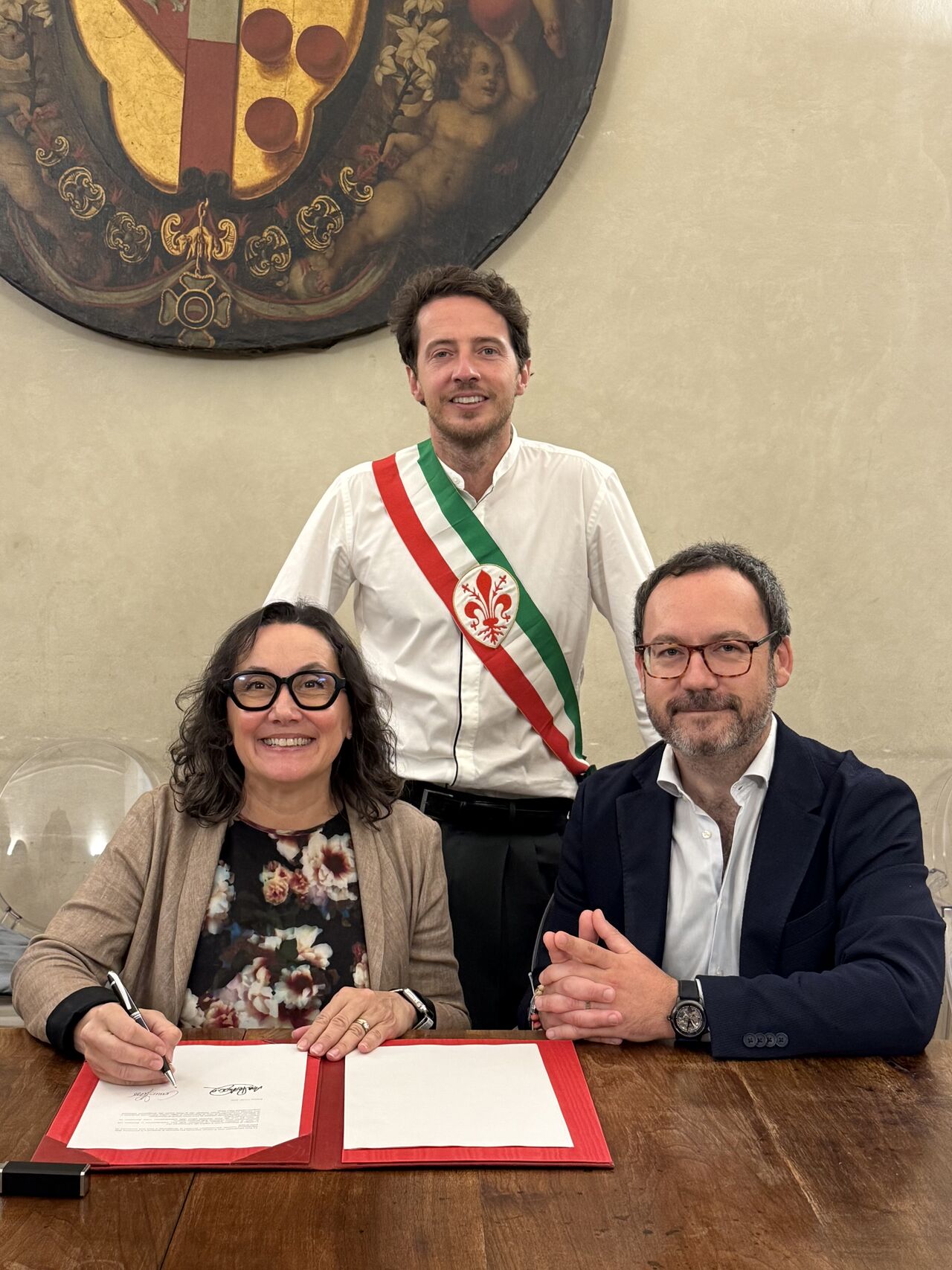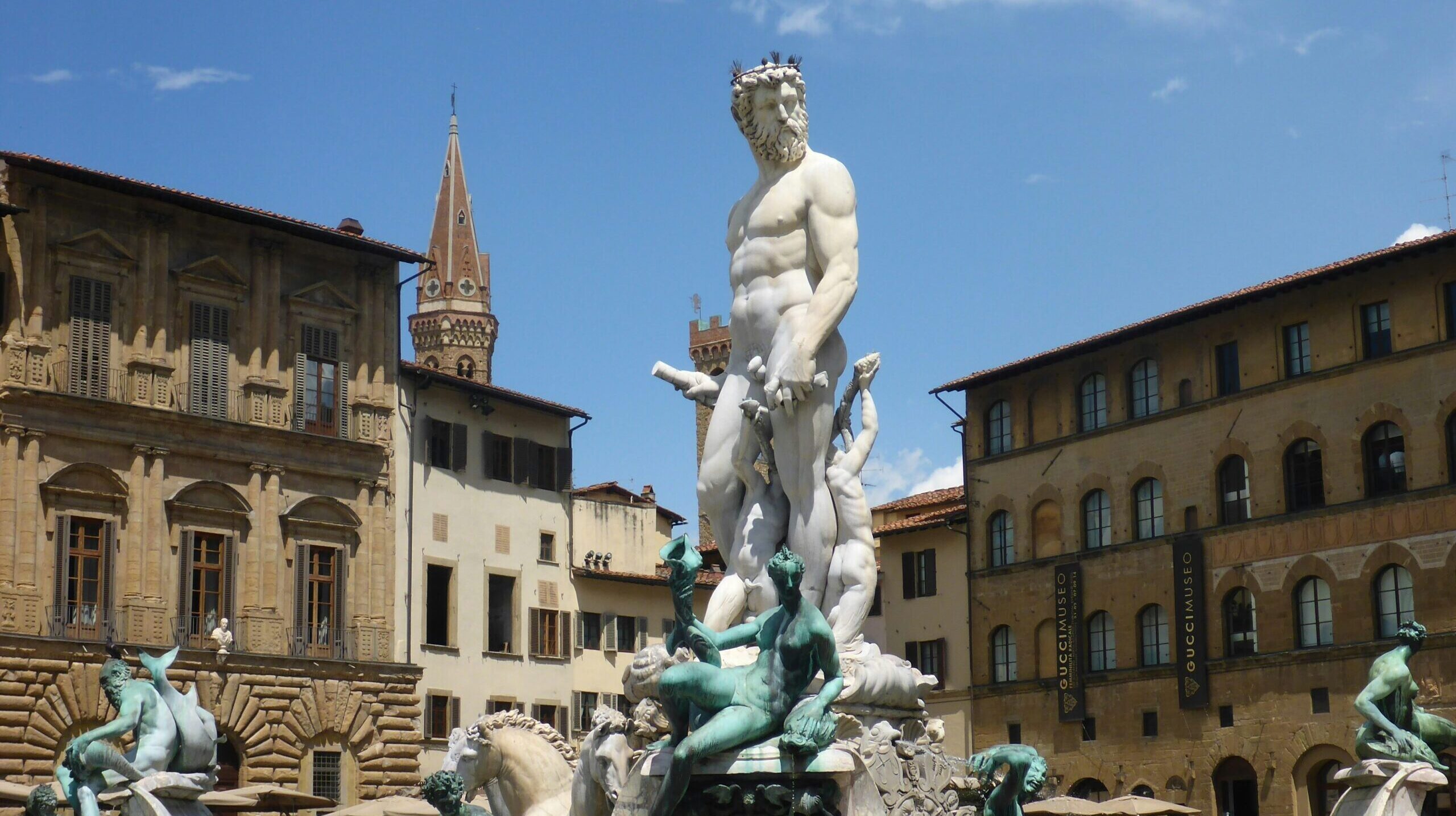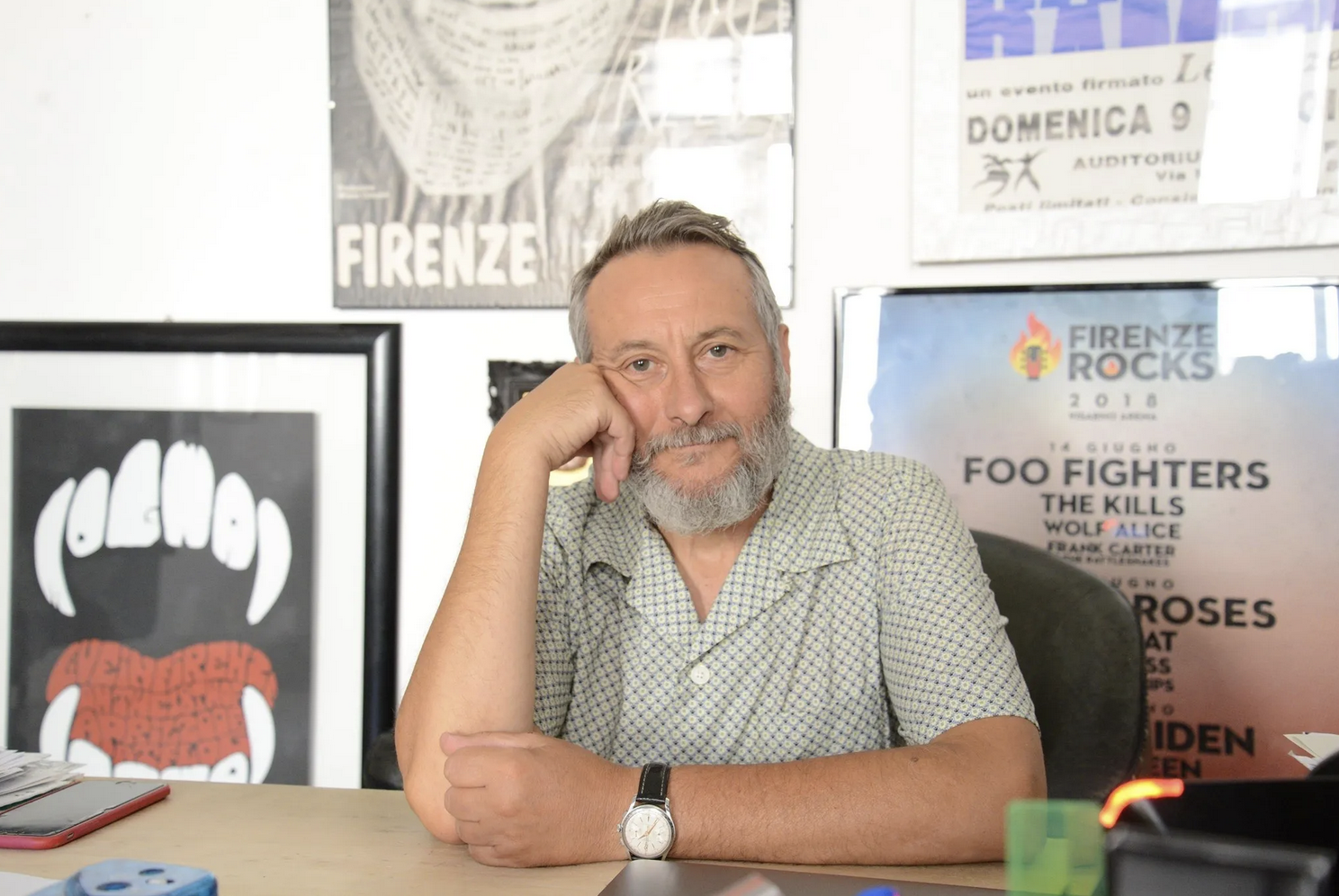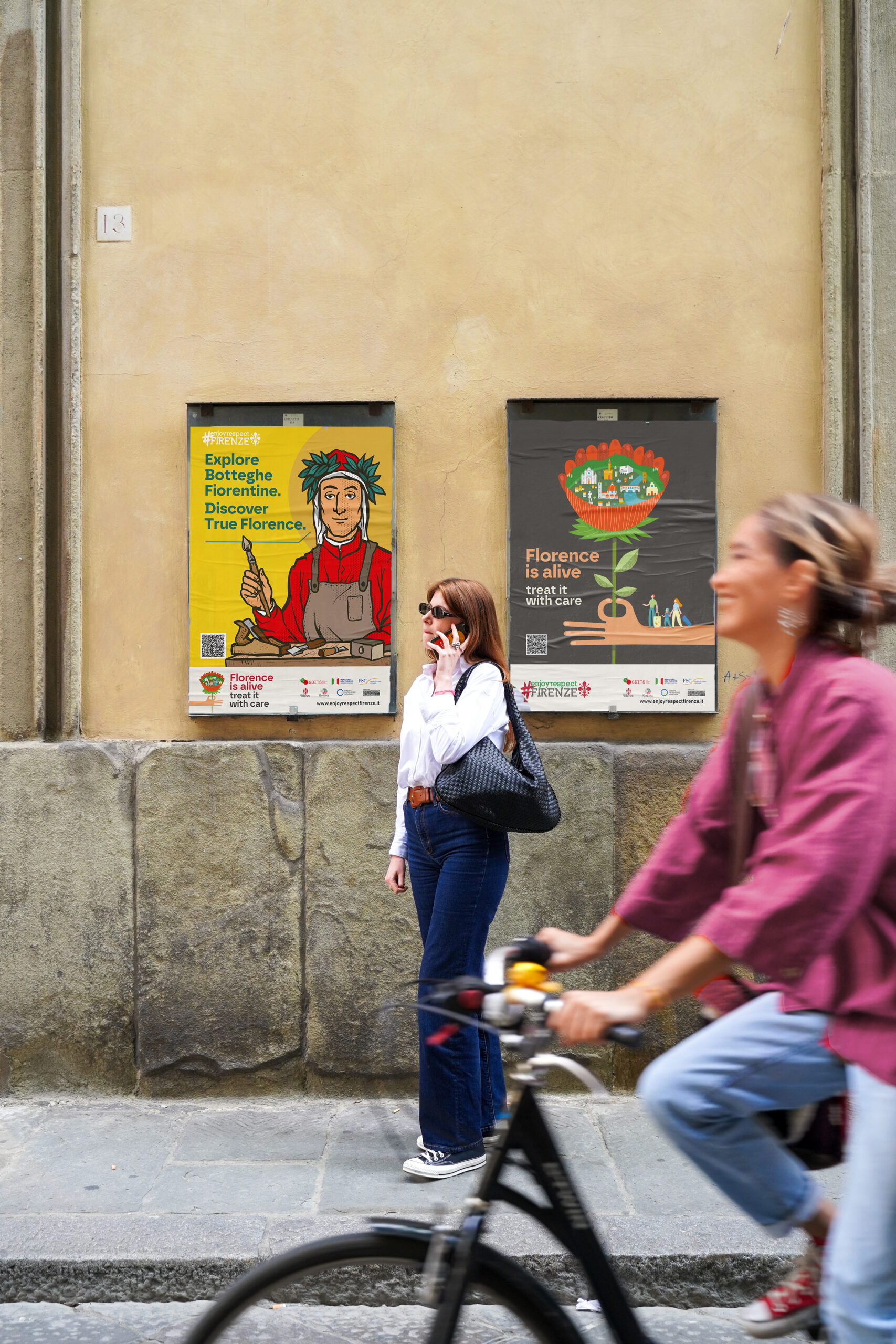Virtual assistants, online travel agencies and an overhauled user experience are already changing the way people book and experience their holidays. Behind the scenes, generative AI is allowing travel professionals to customize processes, improve interactions and analyze future trends before they happen.
“ChatGPT and the latest integrations imply that the future of online distribution is here, and that hotels can benefit from it,”
writes Mirko Lalli, founder and CEO of The Data Appeal Company and Travel Appeal in a blog post.
“Imagine you’re looking for the right hotel for your next vacation. In- stead of browsing countless websites, comparing rates and amenities, you ask an AI chatbot for help. After a short exchange, you get a list of the best hotels personalized to your needs in the destination of your choice. This is no longer a dream, but a reality due to the introduction of ChatGPT and other chatbots based on Large Language Models (LLM).”
Chatbots are something that global hotel group Marriott has already put into practice.
“AI offers very interesting opportunities,”
comments Fernando Pane, general manager of Sina Villa Medici, Autograph Collection, which is part of Marriott Hotels & Resorts.
“At present, we are approaching this innovation by exploring the benefits, making use of the research that Marriott is conducting thoroughly at an international level. At the moment, the introductions are minimal, simply as replies to the chats that guests open before, during and after their stay.”
Lungarno Collection, which comprises the five-star Hotel Lungarno, four-star Hotel Continentale and Gallery Hotel Art, all in Florence, as well as the five-star luxury Portrait establishments in Florence, Rome and Milan is testing AI chatbot solutions to harness the technology in order to communicate with clients through touchpoints like their website.
“In actual fact, we are testing Google’s AI potential to manage PPC [Pay Per Click] campaigns,”
remarks CEO Valeriano Antonioli.
“Likewise, our Revenue Management System contains an AI component for dynamic price management. At the same time, we are also testing the AI potential of OTA [Online Travel Agencies] for the automatic ordering of photos of our hotels. All this is aimed at increasing conversions.”
Upping the conversion rate lies at the core of how AI can potentially benefit the hotel industry, but it will involve a sea change. Up until now—and for the foreseeable future until other payment-based methods become mainstream—SEO (Search Engine Optimization) and SERP (Search Engine Results Pages) have been fundamental in securing bookings for hotels. Launches such as TripGen pose the question of whether OTAs and traditional search engines like Google could soon be replaced by conversational online travel agencies (COTA), hence changing the way users search for information and transforming how hotels distribute their availability and sell their rooms. In the meantime, the hotel industry continues to work on its online presence, furnishing quality contents and offers that meet customer expectations.
“The more targeted and clearer the content, the more it will be used to train LLMs and improve their ability to meet the requests of users,” comments Lalli.
Staying up-to-date with the advancements in Artificial Intelligence is important for the tourism industry, especially for Destination Management Organizations and Destination Companies. That’s why Fondazione Destination Florence is taking part in AI Opener for Destinations organized by the Group NAO in association with City Destinations Alliance. This 12-month peer-to-peer course involves various European destinations and DMOs to address issues such as AI tools and trends; trailblazing destination case studies; learning how to prompt effectively; real life application in event organization, guest services and destination planning; virtual influencers; ethics and strategy.

